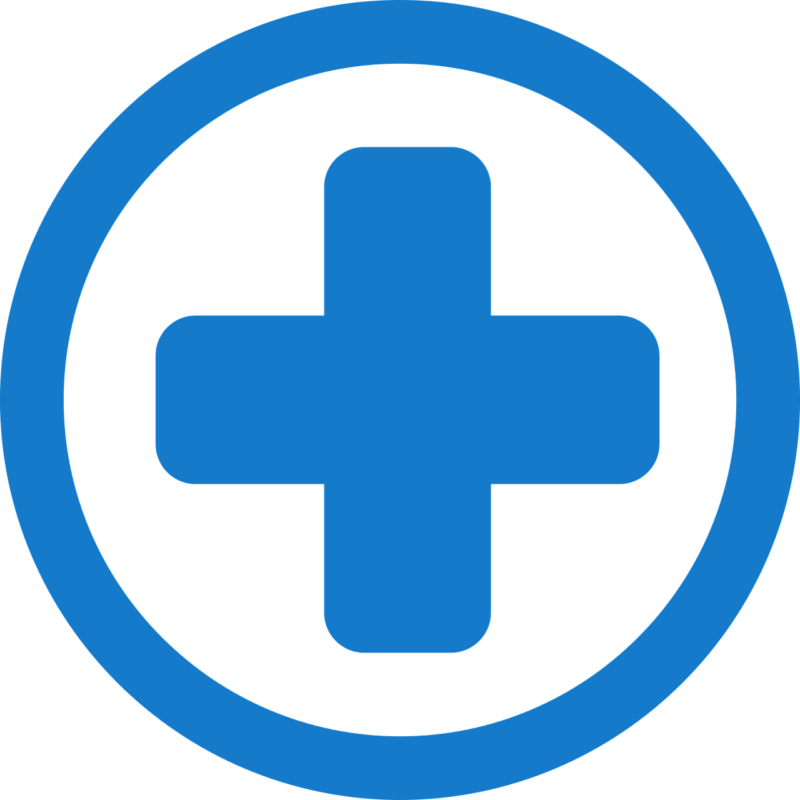Thank you for supporting donors, their families, recipients and patients waiting for their lifesaving gifts.
The resources on this page can inform and help you through the process of organ, eye and tissue donation.
Please take our brief survey so we know how to better serve and support you.
Pathways to Donation
Click on the cards below to learn more.
Outreach and Communication Resources
Donate Life Month - April
Observed in April each year, National Donate Life Month helps raise awareness about donation, encourages Americans to register as organ, eye and tissue donors and honors those who have saved lives through the gift of donation.
Healthcare facilities plan a variety of activities to commemorate this month, including: flag raisings, Donor Memorial Quilt displays, information tables and more. Your Donation Program Coordinator can work with you to plan the best activities for your staff and guests.
Here are resources that can help you with your 2025 DLM promotion.
Honor Walk
An Honor Walk is a ceremonial event to commemorate a patient prior to organ donation.
Honor walks need to be coordinated by hospital staff to ensure safety and privacy protocols are taken into consideration.
A policy is recommended to ensure a smooth transport into the OR.
If you are interested in implementing an Honor Walk, use this checklist as a guide.
You may also choose to use the “Moment of Honor” script, as well.
Flag raising
Flag raisings are a special way to honor hospitals’ donor heroes. Flag raisings can take place at any time, however, many times they take place:
- As part of a commemoration ceremony during Donate Life Month (April)
- In honor of a donor hero, after which the flag is given to the donor’s family
If you’re interested in learning more about flag raisings, we invite you to talk with your Donation Program Coordinator who can assist you.
DoNation Campaign
The DoNation Campaign, sponsored by Health Resources and Services Administration (HRSA), engages workplaces of all sizes and across all industries in efforts to improve awareness about organ donation and transplantation and to sign more people up as organ, eye, and tissue donors. Organizations can earn national recognition for their efforts by hosting a variety of activities and events.
Learn how your hospital can participate!
Donation data for your use
Access donation data and statistics using either of these websites:
Organ Procurement and Transplantation Network
United Network for Organ Sharing
Background Information: Located in Richmond, Virginia, the United Network for Organ Sharing (UNOS) is a non-profit, scientific and educational organization that administers the nation’s only Organ Procurement and Transplantation Network (OPTN), established by the U.S. Congress in 1984. Through the OPTN, we:
- collect and manage data about every transplant event occurring in the United States
- facilitate the organ matching and placement process using UNOS-developed data technology and the UNOS Organ Center
- bring together medical professionals, transplant recipients and donor families to develop organ transplantation policy
About Lifeline of Ohio
Additional Lifeline of Ohio Services
Donation Legalities and Compliance with Federal Regulations
Uniformed Anatomical Gift Act (1968)
The Uniform Anatomical Gift Act (UAGA or the Act) was passed in the U.S. in 1968 and has since been revised in 1987 and in 2006. The Act sets a regulatory framework for the donation of organs, tissues, and other human body parts in the U.S. The UAGA helps regulate body donations to science, medicine, and education.
HIPAA Exemption
The HIPAA Privacy Rules grant an exemption to the patient authorization requirements for OPO groups for the limited purpose of procuring organs — which includes deceased organ, eye and tissue donation and transplantation services.
CMS Compliance/Joint Commission Federal Rule 5 Components for Hospitals
- Call on every death within 60 minutes
- Call on every imminent death upon patient meeting established triggers for imminent death
- Effective requestors who are formally trained in the donation request process
- Completion of Medical Record Review by OPO to capture any missed or delayed referrals and provide education to hospital staff following completion
- Agreements with organ/tissue/eye recovery agencies
- Approach families in a sensitive and caring manner
Dead Donor Rule
The “Dead Donor Rule” (DDR) lies at the heart of current organ procurement policy. [10] It is not a legal statute; rather, it reflects the widely held belief that it is wrong to kill one person to save the life of another. On those grounds, an organ donor must already be dead before vital organs are removed. The DDR is therefore an ethical norm: vital organs may be removed only after the organ donor is dead. The Uniform Determination of Death Act (UDDA) assures patients, families, physicians, and other health professionals that a patient who is brain dead is in fact dead, so the combination of this policy with the DDR makes the recovery of organs for life-saving transplantation legally and ethically acceptable.
Reference: https://www.ncbi.nlm.nih.gov




